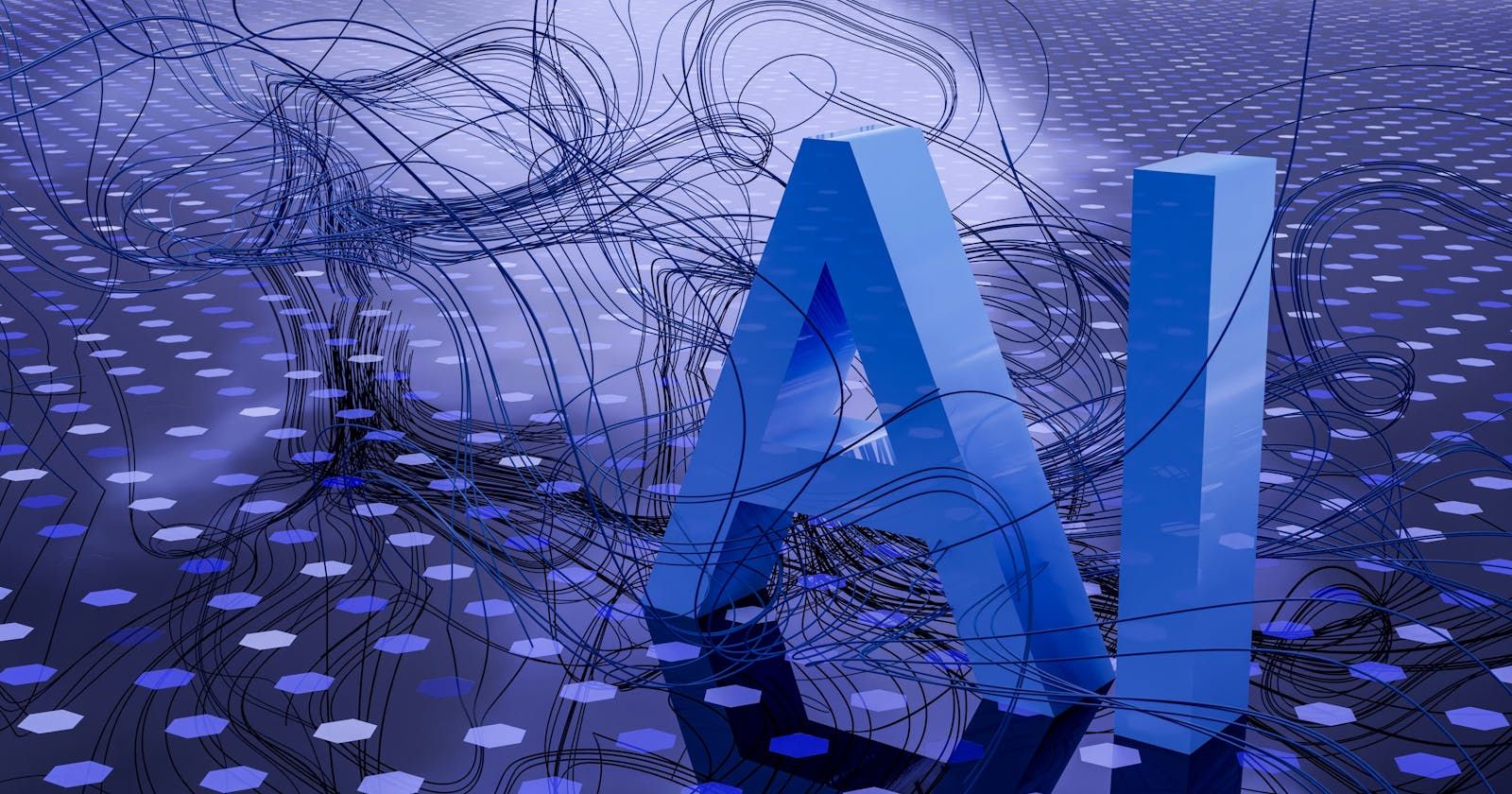Title: AI: A Time Saver, Not a Career Destroyer
In recent years, there has been a growing concern about the impact of artificial intelligence (AI) on the job market. Many fear that the rise of AI will lead to widespread job loss and render certain professions obsolete. While it's true that AI is transforming industries and reshaping the nature of work, the narrative that it's solely a career destroyer couldn't be further from the truth.
AI, in essence, serves as a powerful ally in our quest for efficiency and productivity. Its ability to automate repetitive tasks, process vast amounts of data, and perform complex analyses at lightning speed is unparalleled. Instead of viewing this as a threat to job security, we should recognize AI as a valuable tool that frees up time and resources, allowing us to focus on higher-value tasks.
Take, for example, the field of healthcare. AI-powered algorithms assist medical professionals in diagnosing diseases, analyzing medical images, and even predicting patient outcomes. Rather than replacing doctors, AI augments their capabilities, providing them with additional insights and support to make more accurate and timely decisions. This not only saves time but also improves the quality of patient care.
Similarly, in the realm of finance, AI algorithms process financial data, detect fraudulent activities, and forecast market trends. By automating these tasks, financial analysts can dedicate more time to strategic planning, advising clients, and developing innovative investment strategies.
The impact of AI extends across various industries, from manufacturing and logistics to customer service and creative fields. Instead of rendering jobs obsolete, it's reshaping the landscape of work, creating new opportunities, and demanding a shift in skill sets.
However, it's crucial to acknowledge the need for upskilling and adaptation in this rapidly evolving landscape. As AI takes over routine tasks, the demand for skills like problem-solving, critical thinking, creativity, and emotional intelligence becomes even more pronounced. The human touch, empathy, and nuanced decision-making are qualities that AI currently lacks and are irreplaceable in many professions.
Employers and individuals alike should embrace a mindset of continuous learning and adaptability. Investing in education and acquiring new skills that complement AI technologies will be key to thriving in this AI-enhanced era.
Moreover, AI has the potential to create entirely new industries and job roles that we can't even fathom today. As it streamlines processes and unlocks new possibilities, entrepreneurial ventures and innovative career paths will emerge, presenting opportunities for those willing to explore and seize them.
In conclusion, AI is not the harbinger of job destruction; it's a catalyst for efficiency, innovation, and transformation. By leveraging its capabilities and combining them with uniquely human skills, we can harness its potential to propel us forward, creating a future where AI and humans collaborate to achieve greater heights.
Let's embrace AI as a time saver, a catalyst for progress, and a partner in shaping a more dynamic and exciting world of work.
